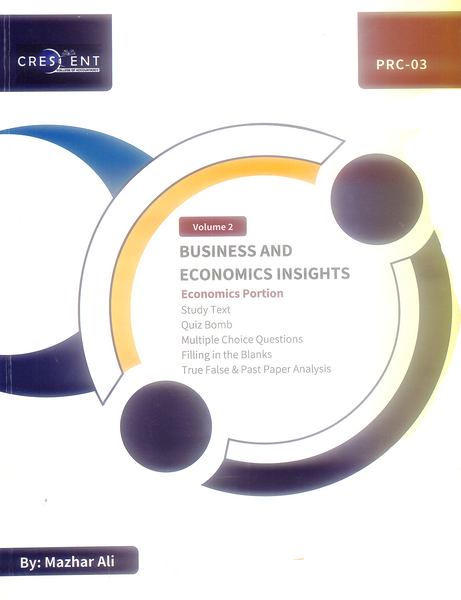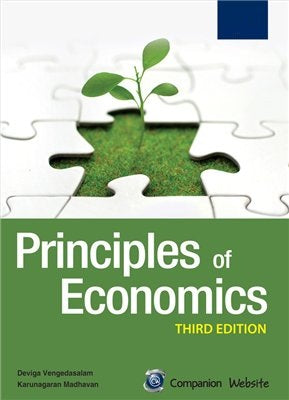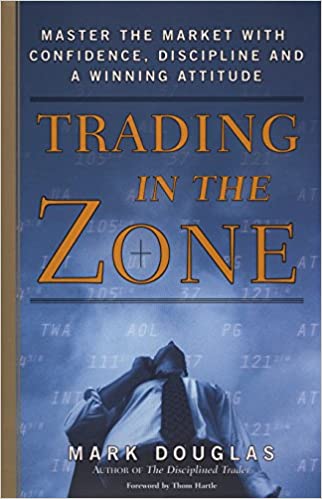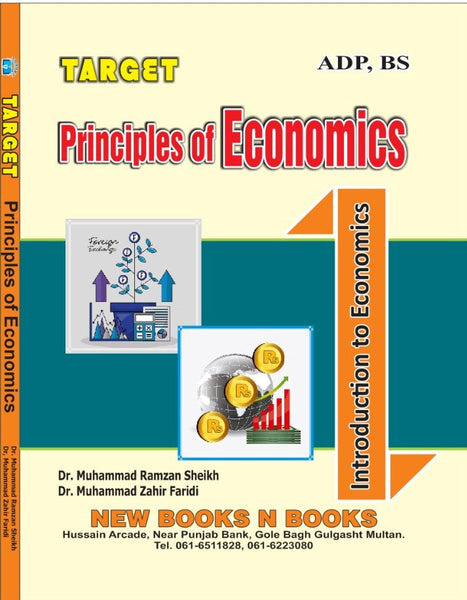Individualism and Economic Order by F. A. Hayek (Author)
- Publisher: ECONOMICS
- Availability: In Stock
- SKU: 52427
- Number of Pages: 280
Rs.590.00
Rs.795.00
Tags: anti central planning , Austrian economics , Austrian school , best books , Best Price , Best Selling Books , capitalism theory , capitalism vs socialism , classical liberalism , decentralization economics , economic freedom , economic knowledge problem , economic order book , economic philosophy , economic planning critique , economic theory books , economics classics , F A Hayek , FA Hayek , free market economics , free society , Friedrich A Hayek , Friedrich Hayek , Hayek economics , Hayek essays , individual liberty , Individualism and Economic Order , liberal economic theory , liberty and economy , limited government , market coordination , market system , modern economics , Online Bookshop , philosophy of economics , political economy , price mechanism , spontaneous order
📘 Title Name: Individualism and Economic Order
✍️ Author: F. A. Hayek
📦 Quality: A5 Matt Paper
🔹 Introduction:
Individualism and Economic Order by F. A. Hayek is a classic work in economic and political philosophy that defends individual liberty and free-market principles. Through a collection of essays, Hayek critiques central planning and explains how economic order naturally emerges from individual actions rather than government control. The book remains highly influential in modern economic thought and policy debates.
🔑 Key Points:
-
Explains the concept of individualism as the foundation of a free and prosperous society.
-
Critically analyzes central planning and its inefficiencies in complex economies.
-
Introduces the idea of spontaneous order arising from individual decision-making.
-
Highlights the importance of price signals in coordinating economic activity.
-
Emphasizes the role of limited government in protecting freedom and economic stability.
🏁 Conclusion:
F. A. Hayek’s Individualism and Economic Order is an essential read for understanding classical liberalism and free-market economics. The book challenges collectivist ideologies and offers timeless insights into how societies achieve economic coordination through individual freedom and voluntary cooperation.

























